Research Area
The Fluid Engineering Group is conducting research to predict, analyze, and enhance the performance and stability in various applications related to energy, environment, transportation, medical devices, and sports equipment through theoretical, experimental, and numerical approaches. We also conduct applied research on fluid motion that creates the foundation for survival mechanisms in various living creatures.
- Analysis and control of complex turbulent flows for the purpose of improving the performance of various fluid systems
- Analysis and enhancement of performance of advanced turbomachinery, including next generation gas turbines and jet engines
- Analysis and application of multiscale fluid dynamics phenomena appearing in nature
- Measurement and application of complicated multiphase flow phenomena occuring in energy and process industries
- Measurement and application of flows in extreme environments (high speed, high pressure, and high temperature)
- Prediction and control of environmental flow phenomena, such as fine dust flow in the atmosphere
- Development and application of state-of-the-art computational fluid dynamics algorithms and flow visualization techniques
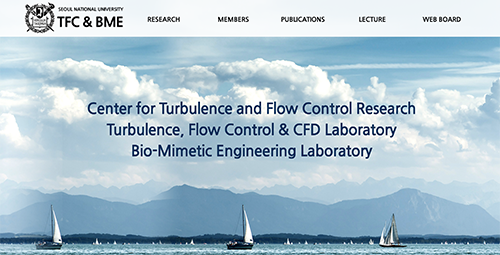
Professor Haecheon Choi teaches fundamental knowledge on fluid mechanics from the courses of Fluid Mechanics and Applied Fluid Mechanics (undergradue), and also teaches turbulence physics and numerical simulation from the courses of Numerical Analysis in Mechanical Engineering, Turbulent Flow, and Computational Fluid Dynamics (graduate).
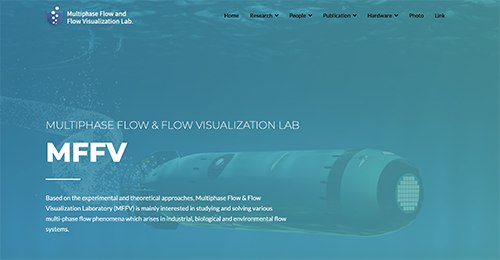
Among the fluid mechanics, focusing on multiphase flow and flow visualization, we offer the lectures on fluid mechanics and applied fluid mechanics (undergraduate), and operates fluid dynamics experiment courses. As graduate level, classes such as multiphase flow, inviscid flow, and viscous flow are opened by reflecting applied research fields such as environment, energy, and bio fields.

Give lectures related to micro/nano/bio fluid mechanics, and mechanics of soft matter, which includes Fluid Mechanics, Biological Fluid Mechanics, and Micro Fluid Mechanics (graduate course).
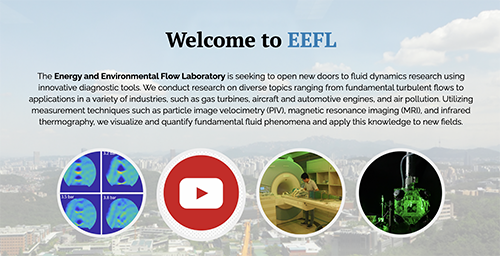
Undergraduate courses deal with the basic theory of fluid mechanics and also experimental measurement of flow phenomena using various flow diagnostic techniques. Flow and design methodology that is relevant for compressors and turbines that can be found in aircraft jet engines and power generation gas turbines is also taught. Graduate courses further explore advanced theories on inviscid and viscous flows.
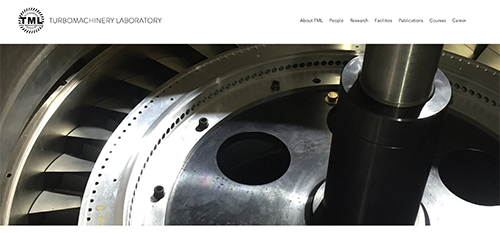
Our Laboratory Provides the lectures “Fluid Mechanics”, “Applied Fluid Mechanics” for undergraduates and “Advanced Gas Turbines”, “Internal Flows” for graduates. Basic and applied theories about gas turbine will be covered in these classes.
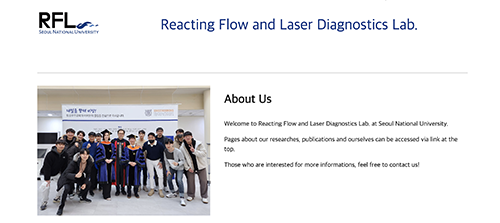
1) Developing & designing high-performance environmental-friendly combustors for propulsion and high-efficiency energy conversion systems driven by high-pressure & high-temperature fluids.
2) Investigating compressible and high-energy fast reacting flows to develop hypersonic air-breathing propulsion systems.
3) Developing novel laser diagnostics methods for measurements in fluids and on solid surfaces.
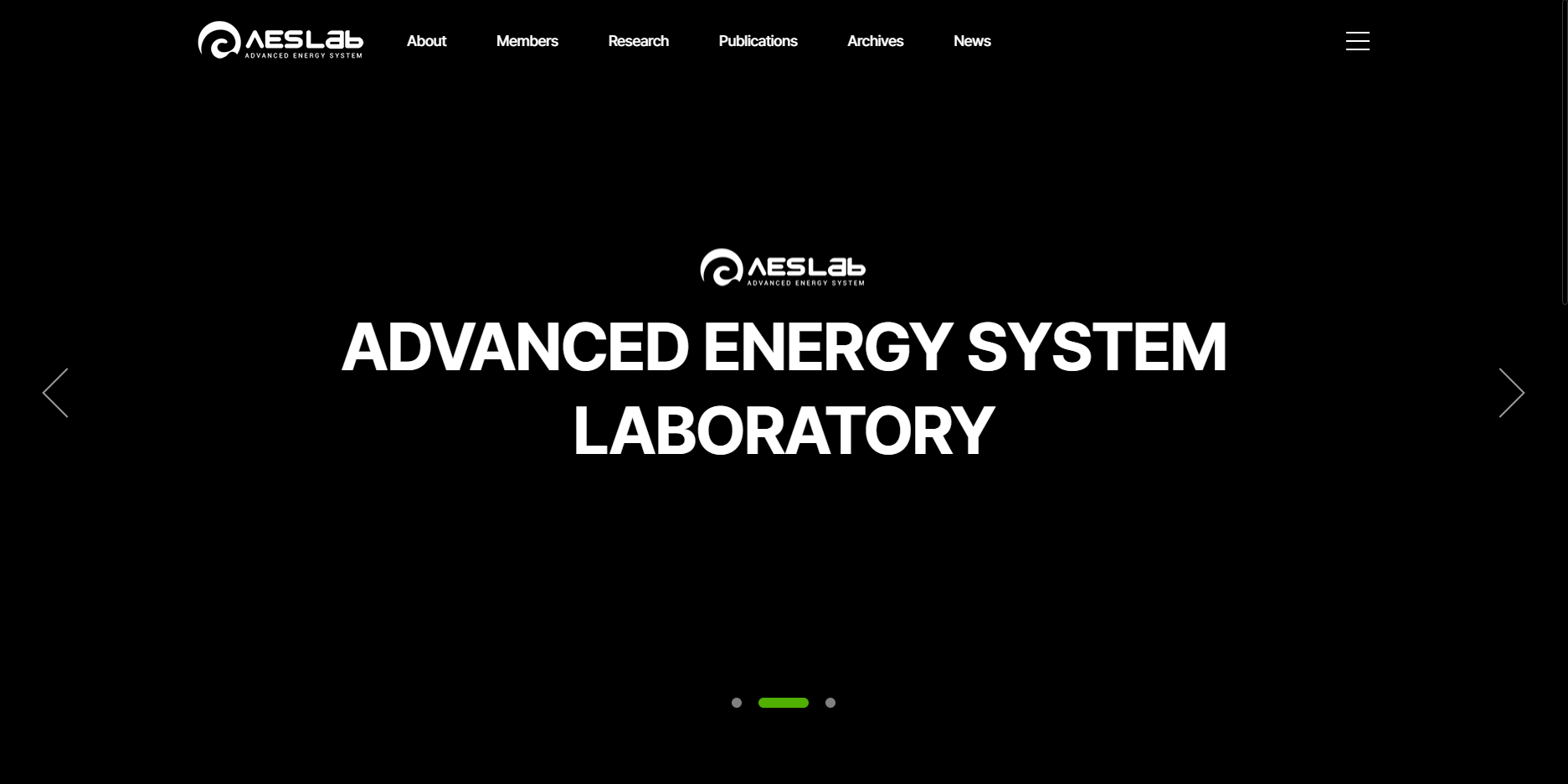
– Thermodynamics
– Applied Thermodynamics
– Life Cycle Assessment
– Advanced Thermodynamics
- Energy System Modeling

The CATD laboratory conducts research related a variety of fuel cell and battery models such as the performance and life prediction of lithium ion battery (LIB) using the Multi-Scale Multi-Dimensional (MSMD) modeling technique and the micro / CFD analysis model for efficient calculation of solid oxide fuel cells.

